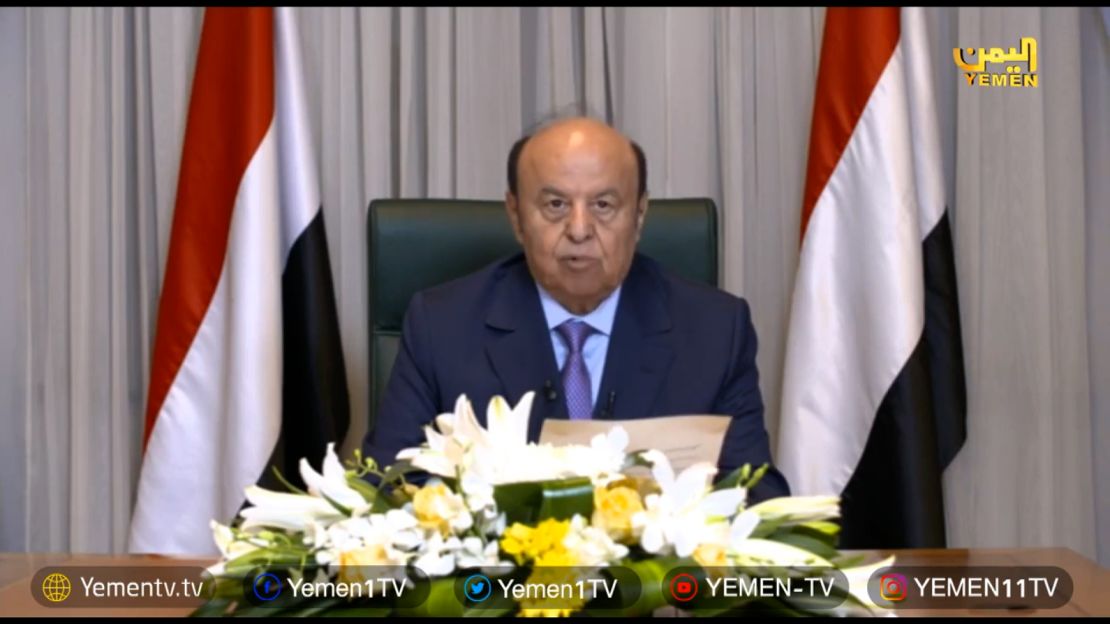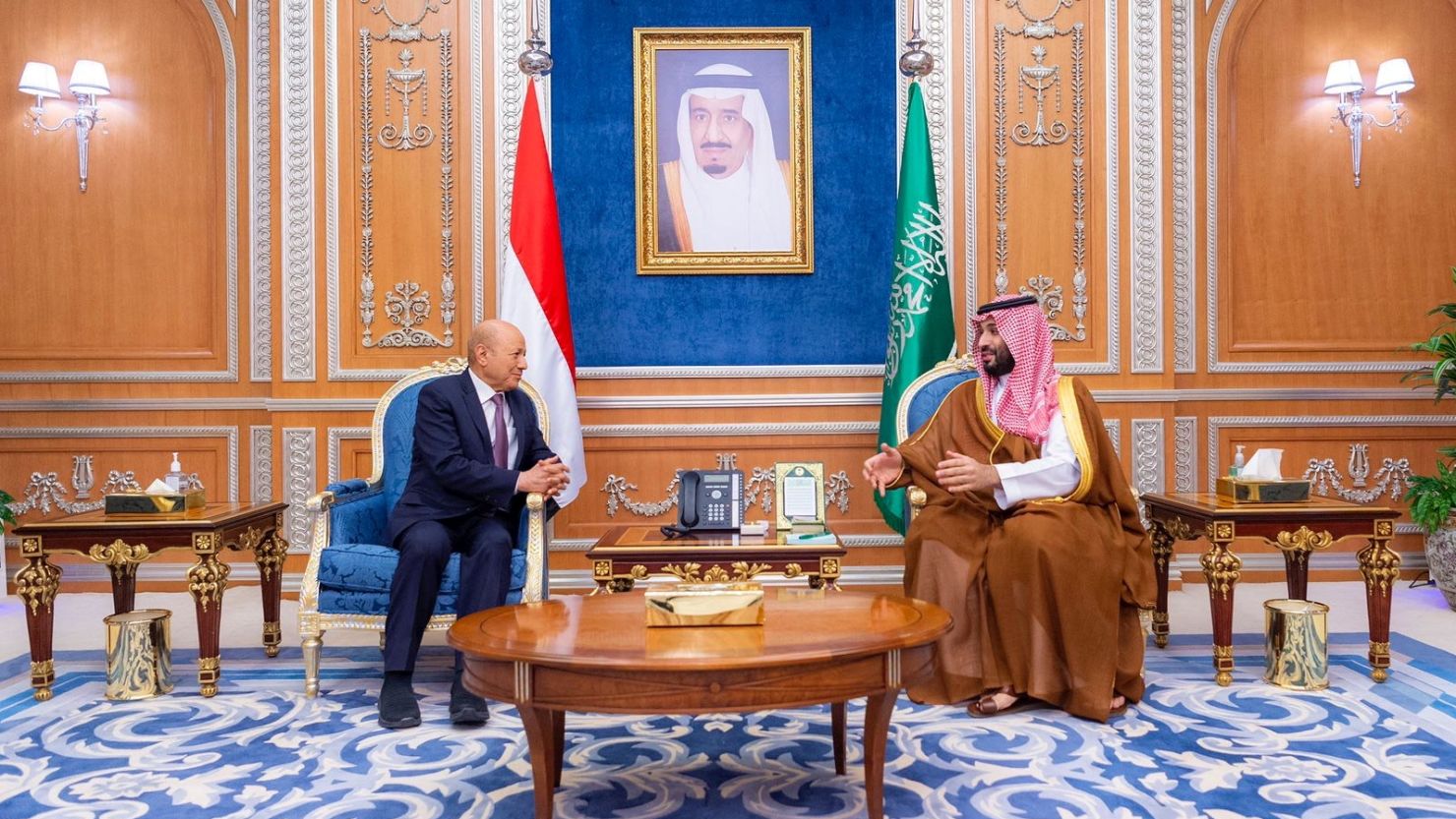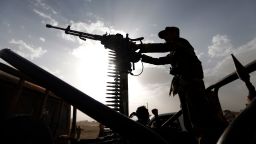Yemen’s President Abd-Rabbu Mansour Hadi has been replaced by a newly formed presidential council in a bid to support UN efforts to end the country’s seven-year civil war.
Analysts have called the announcement a “big deal” in the bitter conflict which has been described as the world’s worst humanitarian crisis.
The newly formed eight-member council replaces Hadi, who has been President for a decade since the ousting of President Ali Abdullah Saleh in 2012, as well as Vice President Ali Mohsen al-Ahmar.
“I irreversibly delegate to the Presidential Leadership Council my full powers in accordance with the constitution and the Gulf Initiative and its executive mechanism,” Hadi, who is based in Riyadh, said in a televised address.
Seen as a proxy war between Saudi Arabia and Iran, the conflict is fought between a Saudi-led military coalition and the Houthi rebel group, which is backed by Tehran. Tens of thousands of people have been killed since the conflict broke out, while millions have been left on the brink of starvation.
Saudi Arabia and the United Arab Emirates have pledged $3 billion to the Yemen Central bank following the announcement of the formation of the council, the Saudi state news agency SPA said.
The kingdom called on the council to begin negotiations with the Iran-backed Houthis to reach a “comprehensive political solution,” SPA added. The Houthis have yet to comment on the new presidential council.
Saudi also announced $300 million to the UN humanitarian relief fund to Yemen, and called for an aid-donor conference to support Yemen.
Presiding over the council will be Major General Rashad al-Alimi, a veteran politician and former adviser to Hadi. Saudi’s Crown Prince Mohammed bin Salman met with al-Alimi following the announcement, Saudi state television showed.
Other members include UAE-backed figures, including the head of the Southern Transitional Council Aidarus Al- Zoubaidi and Abdulrahman Al-Mahrami, the commander of the Giants Brigade. Tarek Saleh, a military commander and nephew of former President Ali Abdullah Saleh, will sit on the council.

According to an official statement published on the website of the Yemen talks in Riyadh, the council plans to form an advisory committee of 50 experts.
Highlighting the development, Peter Salisbury, senior Yemen analyst for International Crisis Group, tweeted: “The announcement that Hadi is ceding his powers to a presidential council made up of key political and military figures with direct roles on the ground is A Big Deal. Most consequential shift in the inner workings of the anti-Huthi bloc since war began.”
He added: “How this will actually work in practice will be… complicated to say the least.”
Gregory Johnsen, a former member of the UN Panel of Experts on Yemen, said in a thread on Twitter: “This is an attempt, perhaps a last ditch effort, to reconstitute something resembling unity within the anti-Houthi alliance. The problem is that it is unclear how these various individuals, many of whom have diametrically opposing views, can work together.”




